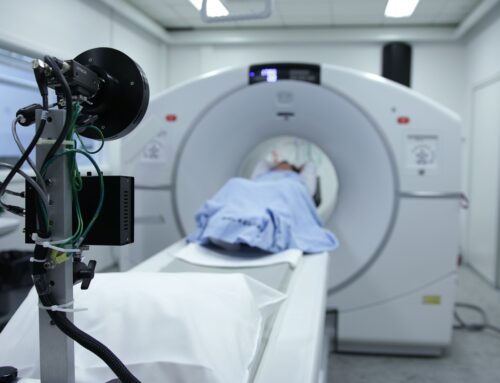A medical malpractice lawsuit can help you recuperate the overwhelming expense of medical bills, lost wages, or other damages caused by a doctor’s negligence. But these types of lawsuits are not appropriate for every situation. What exactly is a medical malpractice lawsuit, and when should one be filed?
This article will discuss medical malpractice details and help you decide if you should call an attorney to address your situation.
What are the Requirements for a Medical Malpractice Lawsuit?
The following conditions must exist for a lawsuit of this type to be filed. In these situations, your health care provider is the defendant, and the injured party is the plaintiff.
- A provider-patient relationship existed prior to the incident in question
- The defendant breached their duty by treating the patient in a manner that deviated from the normal standard of care. (Defined as medical negligence)
- The provider harmed you through negligent medical care
- The defendant’s actions were the direct cause of the injury
If a patient wants to sue for medical malpractice, the best first step is to schedule a consultation with a personal injury attorney. They have the knowledge necessary to evaluate if the claim is valid and worth the effort to pursue. Medical malpractice cases can be very lengthy and costly, so it is best to understand your likelihood of winning before starting the process. If your situation has merit, the attorney will begin preparing your case.
Investigating Medical Malpractice
A medical malpractice lawsuit begins with an investigation, typically by asking the patient questions to understand what happened. Once the initial interview takes place, the medical history and medical records related to the injury will be collected and documented.
During this investigation phase, your attorney may change their mind and determine that you do not have a case worth pursuing. As your personal injury lawyer sorts through all the details, they will call to reconcile any inconsistencies.
Once they determine a valid claim, an expert witness will be necessary – typically a physician who specializes in the same field and geographic area as the defendant. The expert witness is instrumental in establishing the standard of care in your area and helping to determine if – in their expert opinion – the provided treatment fell below that standard.
The Medical Malpractice Lawsuit – Discovery Phase
During the pre-trial discovery phase, both parties can ask for relevant information pertaining to the case. Questions will be exchanged and documents requested. Parties will also be required to provide a deposition as part of the discovery process. A deposition asks questions under oath about the medical treatment provided, the injuries incurred, and other relevant information. At this stage, attorneys can depose the other side as well.
Although settlements can be reached at any phase, most occur after the discovery process. With all the facts presented, both parties see a clearer picture of their chances of winning in court. A physician’s insurance company is generally involved in settlement negotiations. Settlements are preferred for most plaintiffs because a jury trial is uncertain and stressful.
When a Malpractice Trial is Necessary
If the parties cannot agree, the process will move on to a trial, which can be a long, drawn-out process.
If the jury ultimately decides in your favor, they will also determine the type and amount of damages that will be rewarded. These damages may be either compensatory damages (lost wages, medical expenses) or punitive damages. Punitive damages are appropriate in cases where a medical provider acted willfully or with wanton disregard for your well-being.
If you have suffered due to a doctor’s negligence and wish to discuss your situation with a medical malpractice attorney, call the offices of Probinsky & Cole. We are located in the Sarasota, Tampa, and Orlando regions.








